For Immediate Release: Friday, July 1, 2016
Contact: Natalie Butz, West End Strategy Team
natalie@westendstrategy.com, office: 202-776-7700, cell: 202-765-8584
***NEWS RELEASE***
NEW YORK, NY - In response to the terror attack unfolding at Holey Artisan Bakery in Gulshan, a diplomatic zone of Bangladesh’s capital, Sarah Labowitz, co-founder and co-director at the NYU Stern Center for Business and Human Rights, released the following statement:
“The hostage crisis in Dhaka is a terrible tragedy reflecting how security has deteriorated in the country. The events unfolding in Dhaka also have the potential to have a significant economic impact,” said Labowitz. “This attack comes on the heels of more than 40 assassinations of secular writers, foreign aid workers, and an LGBT activist carried out by groups affiliated with the Islamic State and Al Qaeda. I am hoping that peaceful resolution is possible and am keeping the families of the victims, including two police officers, in my thoughts.
The hostage attack heightens security concerns while presenting a serious threat to the economy. The fashion industry has been a boon to Bangladesh’s economic growth, but this kind of attack will surely keep buyers away in the months leading up to the holiday shopping season. Five million workers depend on jobs in the readymade garment sector. This attack has the potential to jeopardize Bangladesh’s developing economy and the prosperity of its people, which only exacerbates an economic environment in which homegrown extremism can take root.”
Labowitz has co-authored two reports on Bangladesh’s garment sector. She conducted five research trips to the country since the Rana Plaza factory collapse in Dhaka killed more than 1,100 people in April 2013. Her most recent report, co-authored with Dorothée Baumann-Pauly, “Beyond the Tip of the Iceberg: Bangladesh’s Forgotten Apparel Workers” identified 7,000 garment factories in the country, 65 percent more than previous estimates and nearly 3 million “invisible workers” who are excluded from the safety reforms that could prevent deadly work place disasters. In December, she outlined the risk of deteriorating security and Islamic extremism in Bangladesh in a blog for the Council on Foreign Relations’ Development Channel.
